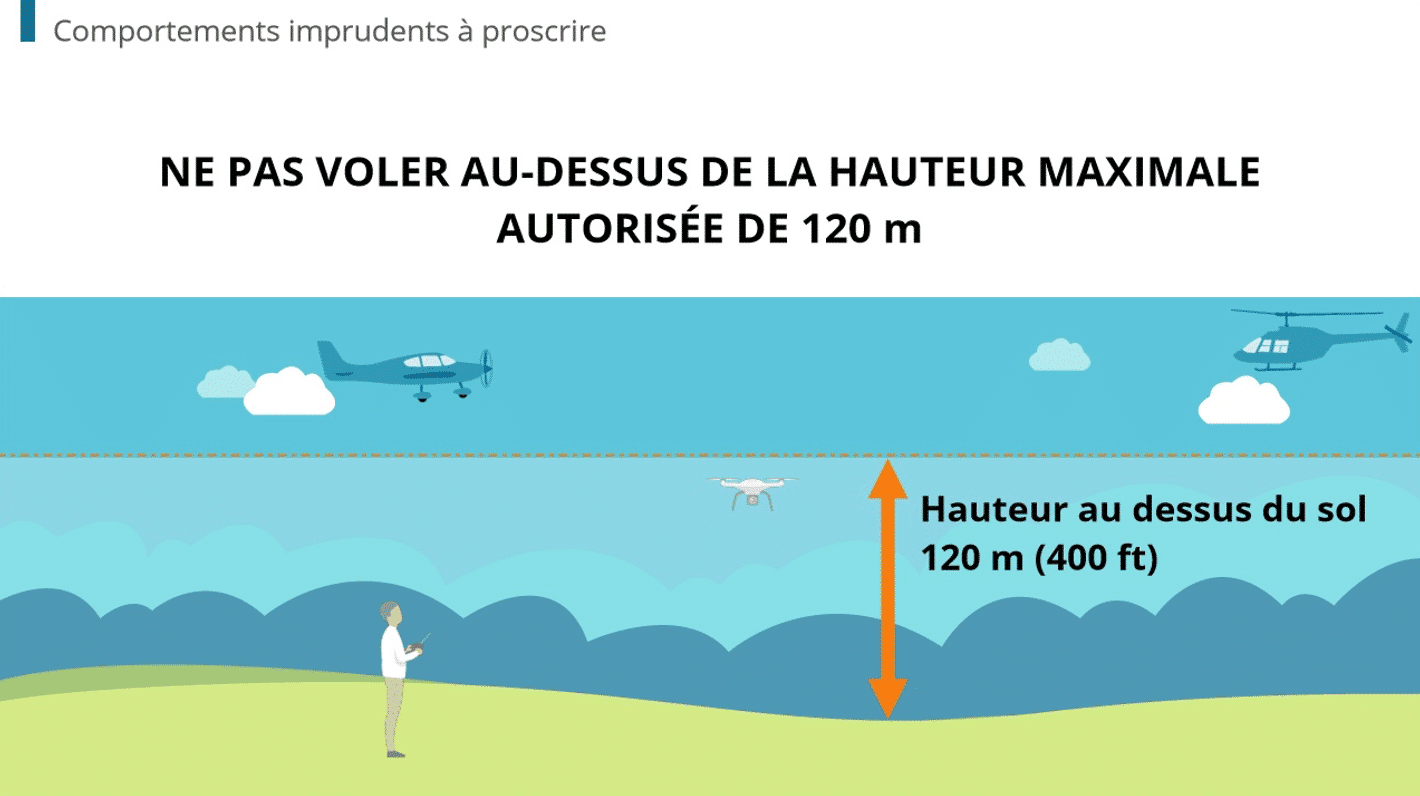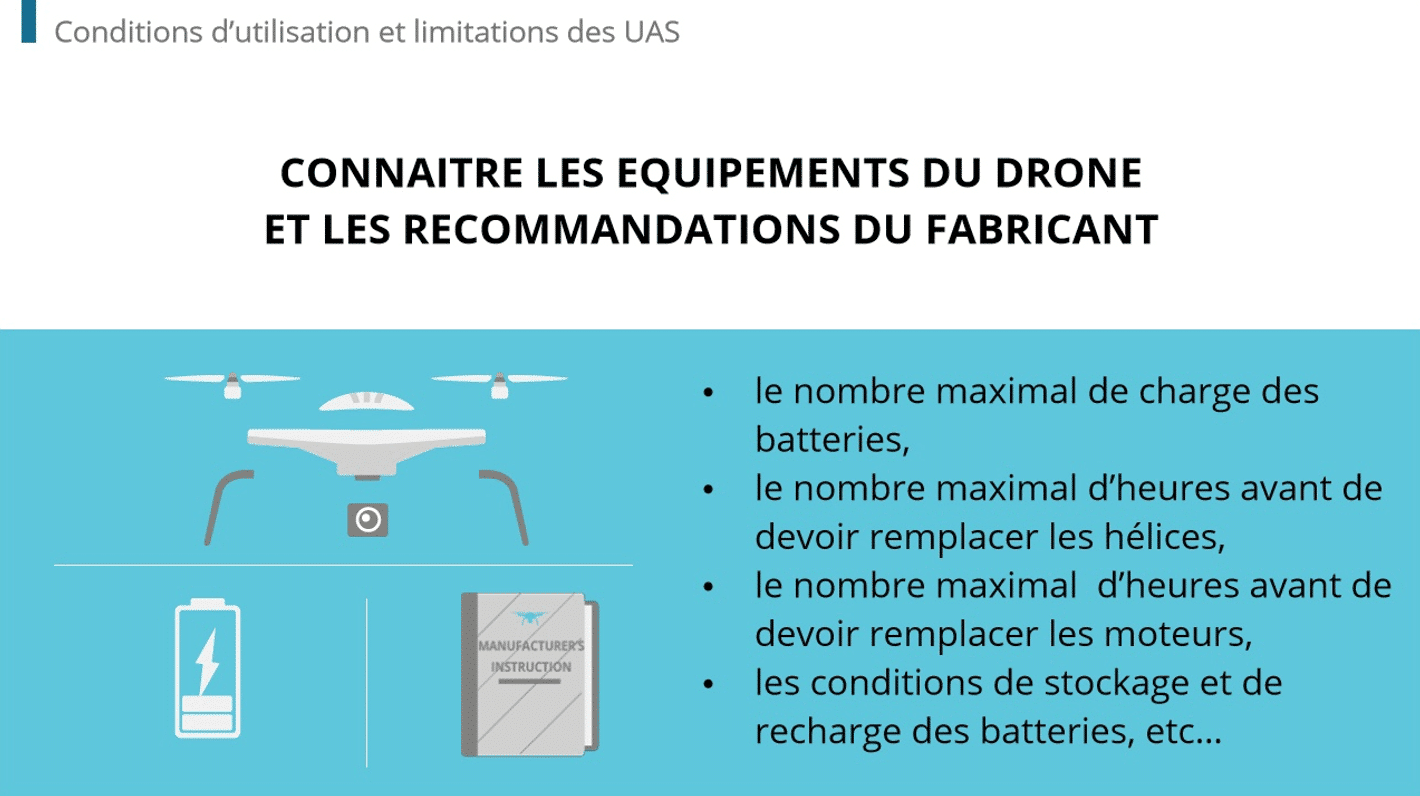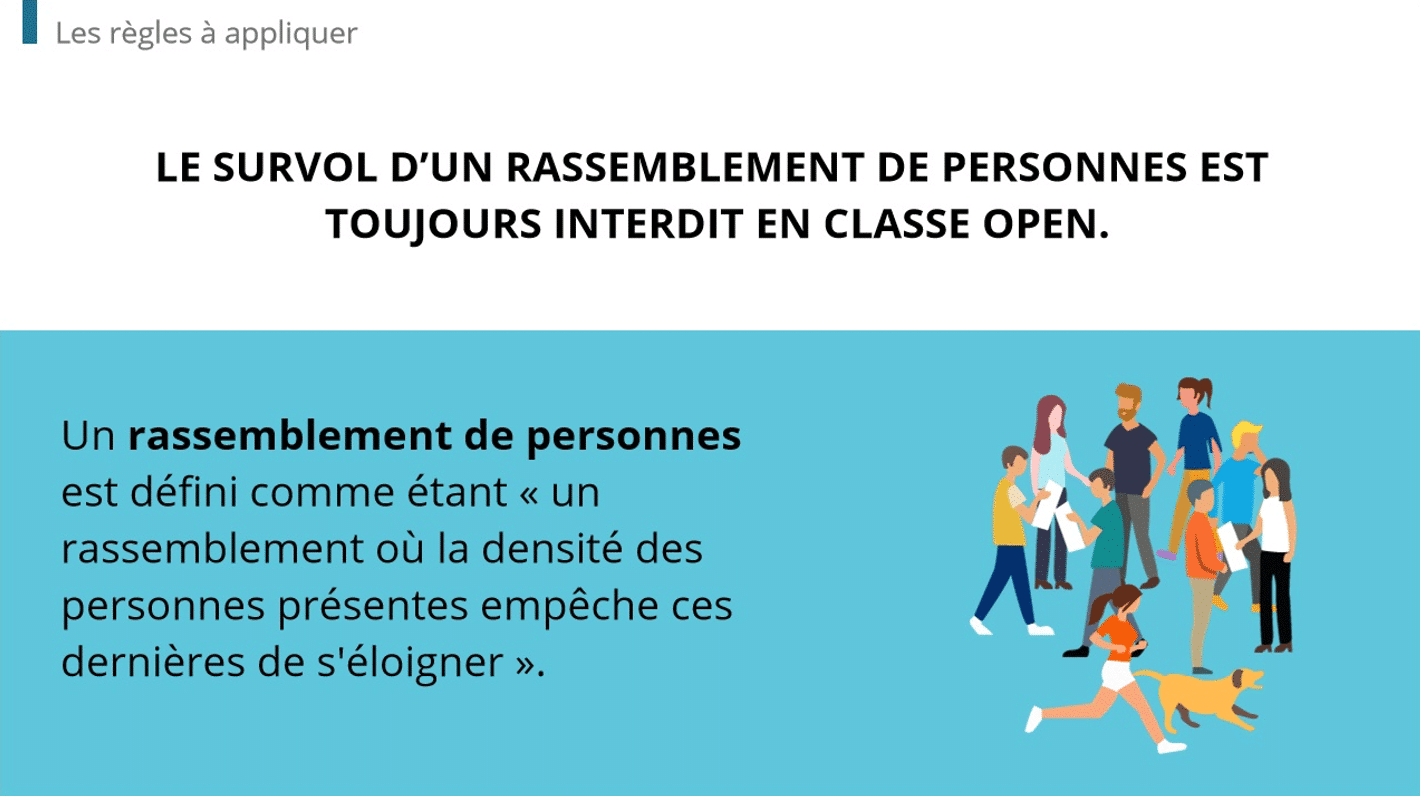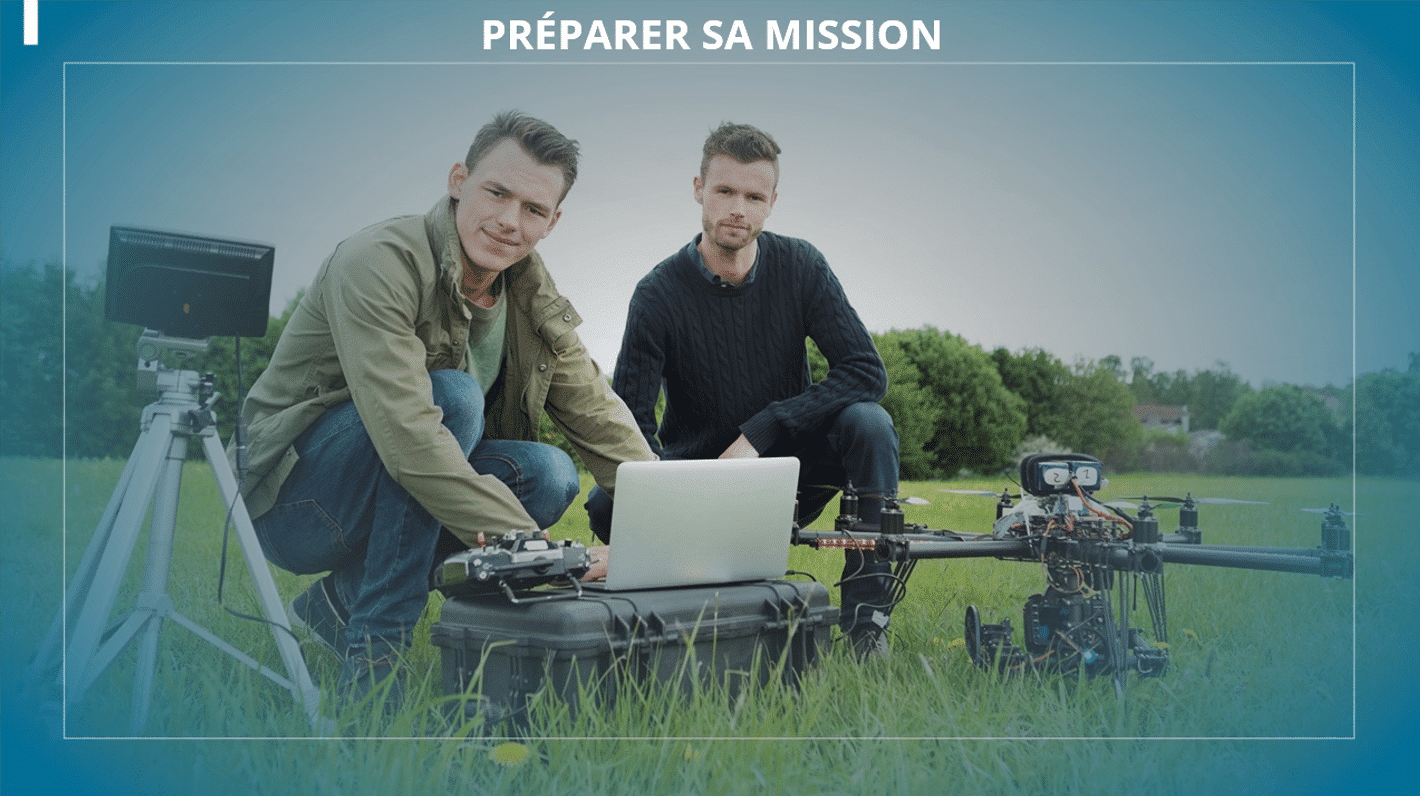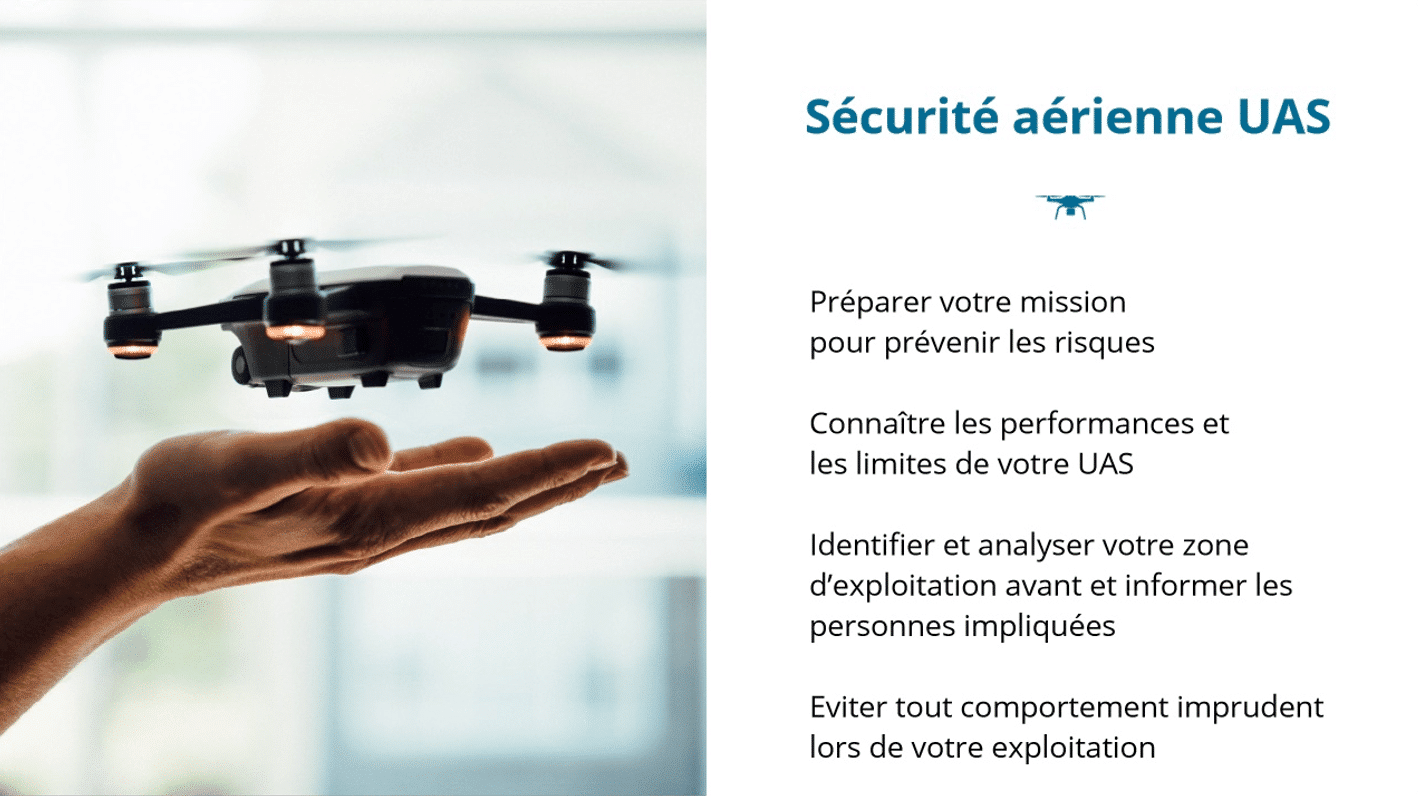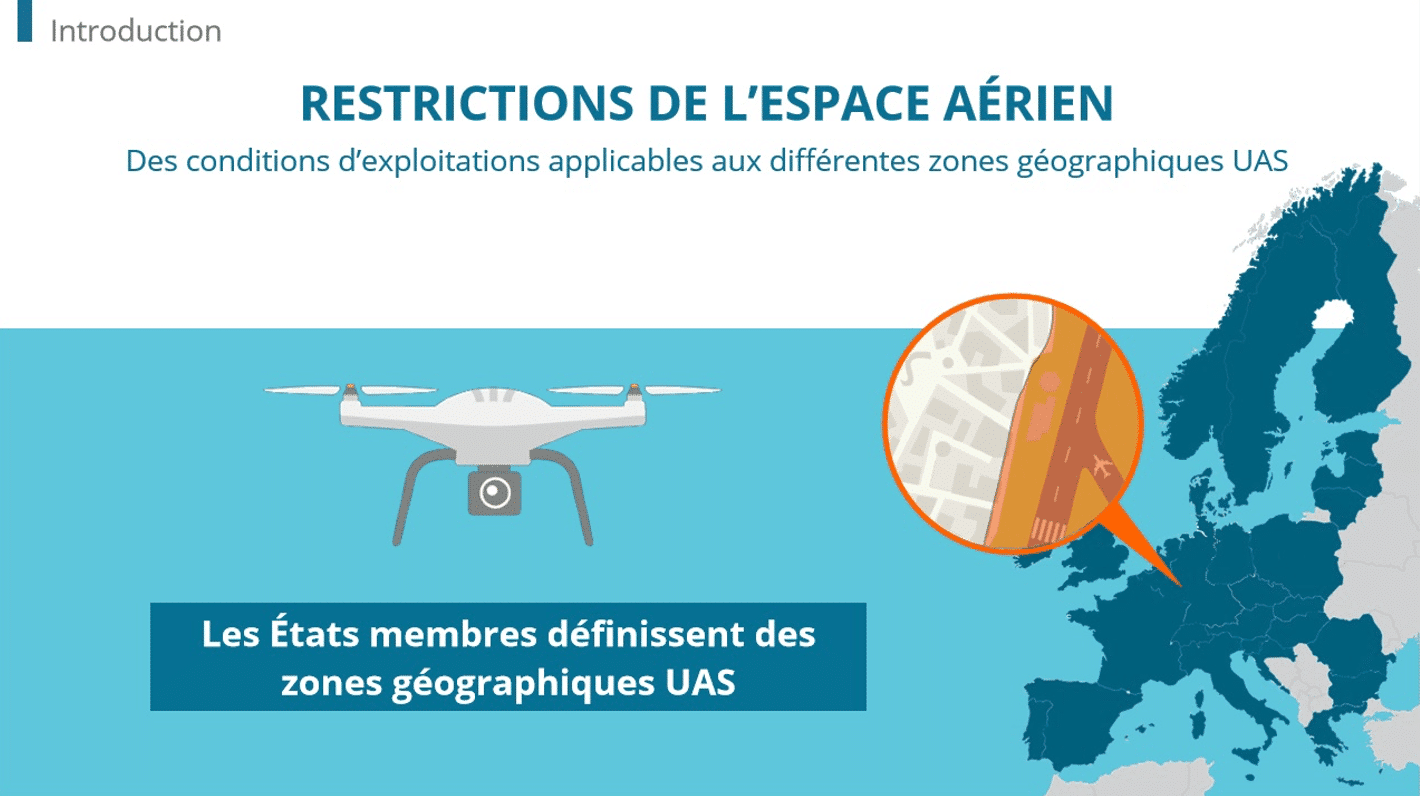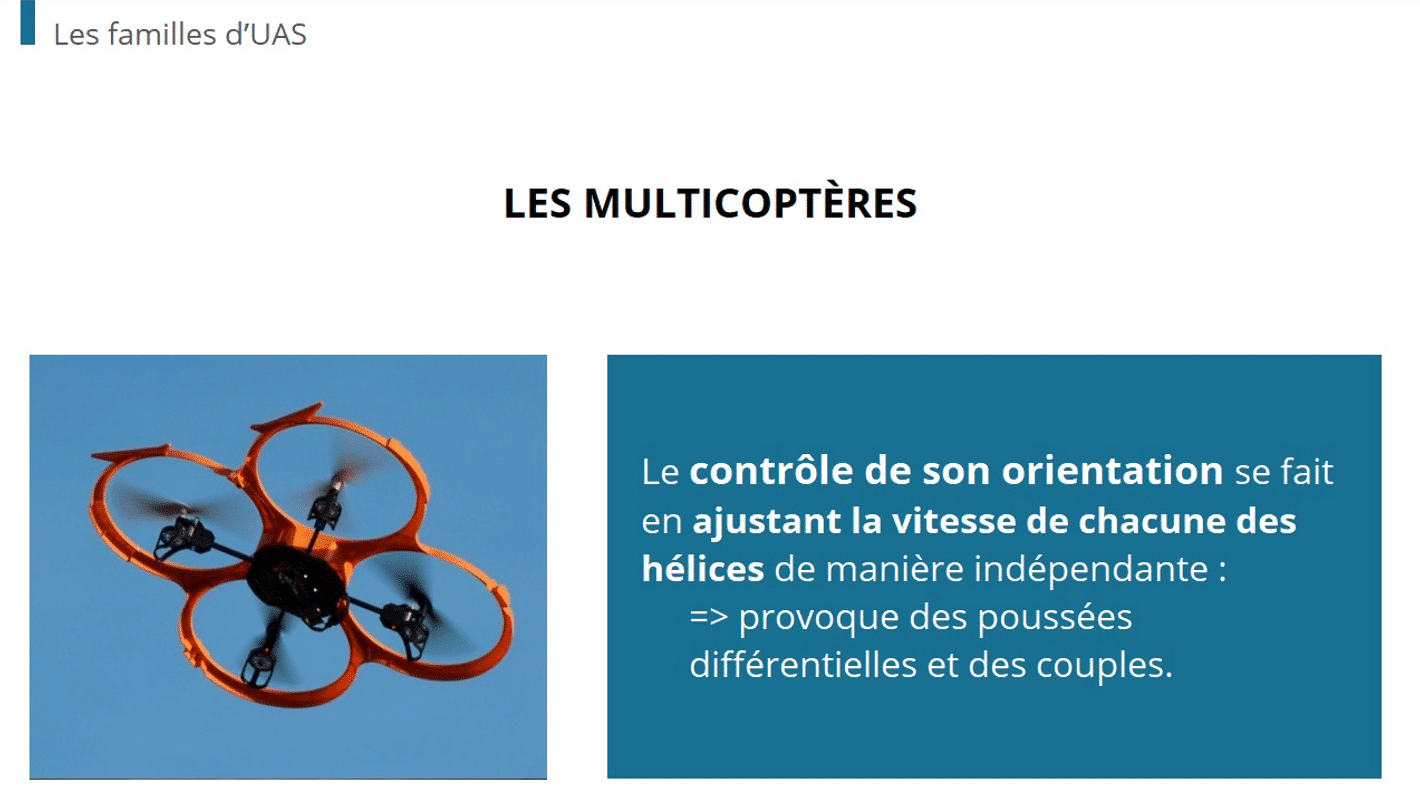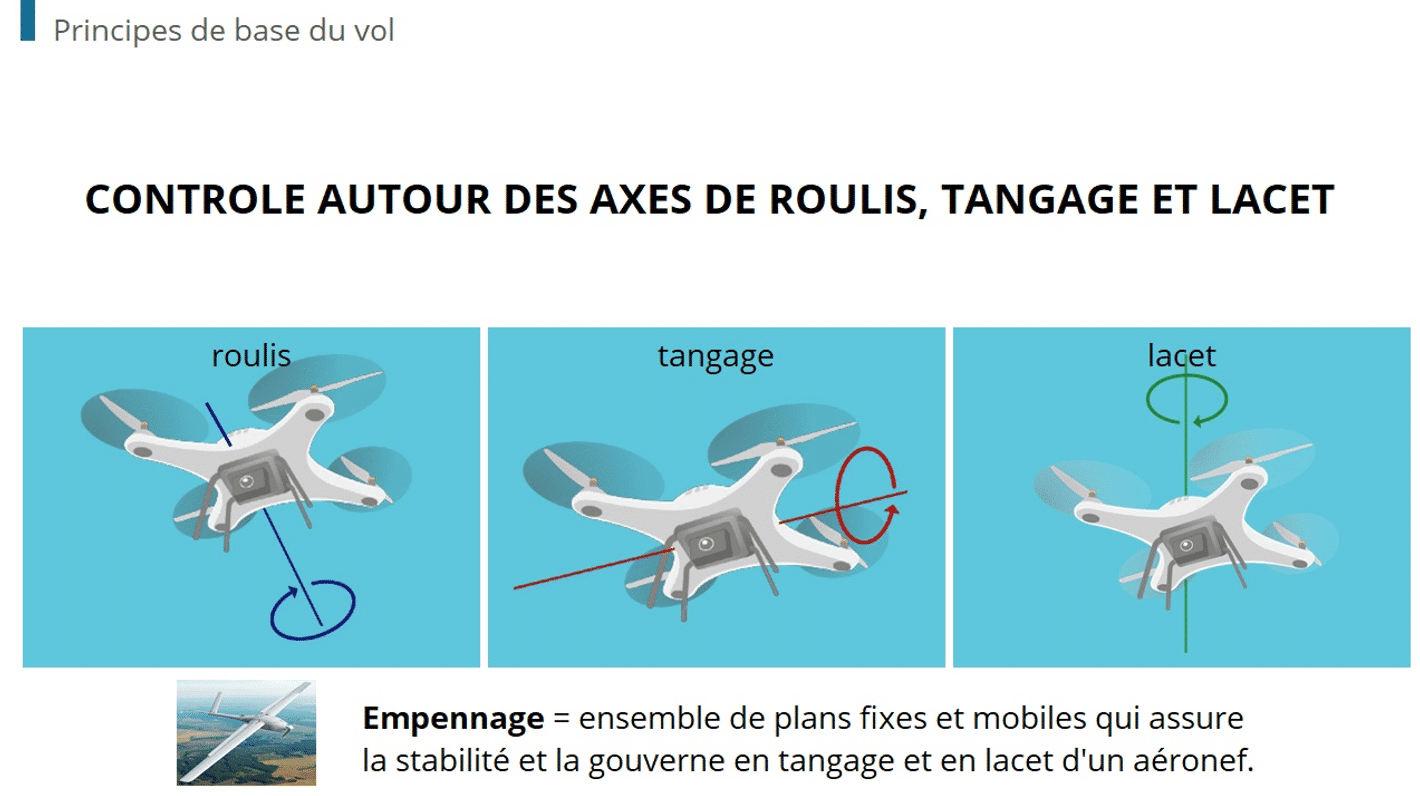Continual professional training affects all sectors. Thanks to elearning, it can be perfectly implemented.
Following reforms to vocational training, all HR sectors are rethinking their approach to learning over the life of a business. From the need for coaching in SMEs to massive trainings for large groups, the last years have been marked by several transformations.
The development of continual vocational training
Today it’s necessary to onboard all company employees, at all levels. From top managers to operators, the sharing of skills and knowledge is no longer a one-way street. The training needs are massive and regular. A training tool is increasingly a guide that assists learners throughout their course, rather than a teacher who transmits knowledge.
Working life requires more and more flexibility: it requires increasingly diverse skills from employees, who must wear many hats and be ready to advance their careers. Paradoxically, the time available for learning is decreasing.
Vocational training is ongoing, originating from monitoring, a sense of curiosity, and self-training, and then formalising these new skills in a training module to share with the greatest number of people. One of the greatest challenges for human resource departments is to create the desire to train oneself. This involves the diffusion of the offer and other incentives.
Elearning responds to these new challenges
If it’s a company’s culture that determines the success of change, elearning facilitates knowledge-sharing. In addition, an elearning platform that’s accessible 24/7 ideally meets the needs of distance-learning, adapting to the use of everyone’s time.
Finally, elearning can effectively disseminate knowledge modules to a wide group of users. It strengthens and supports communication, and the diffusion of information dissemination. In the long-term it becomes a driver of business development and competitiveness.
Dokeos analyses the training needs of your teams and accompanies you in implementing your project. Contact our experts.





